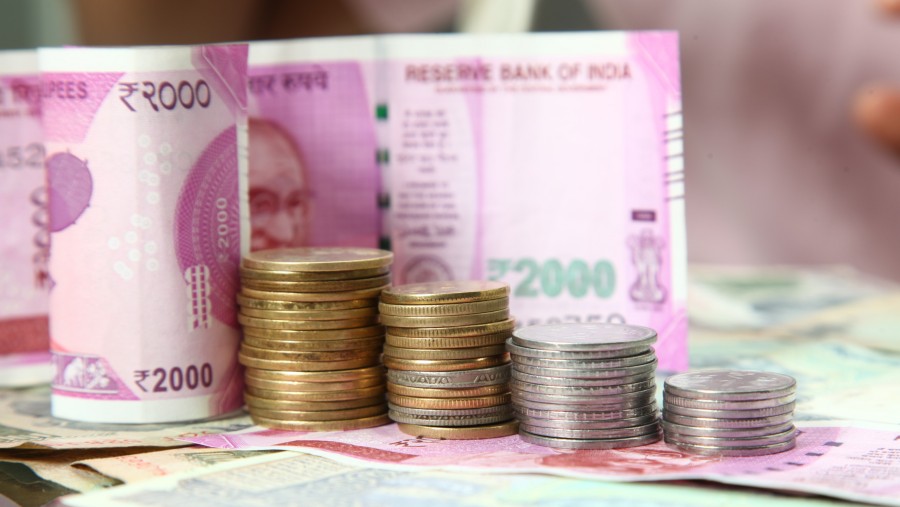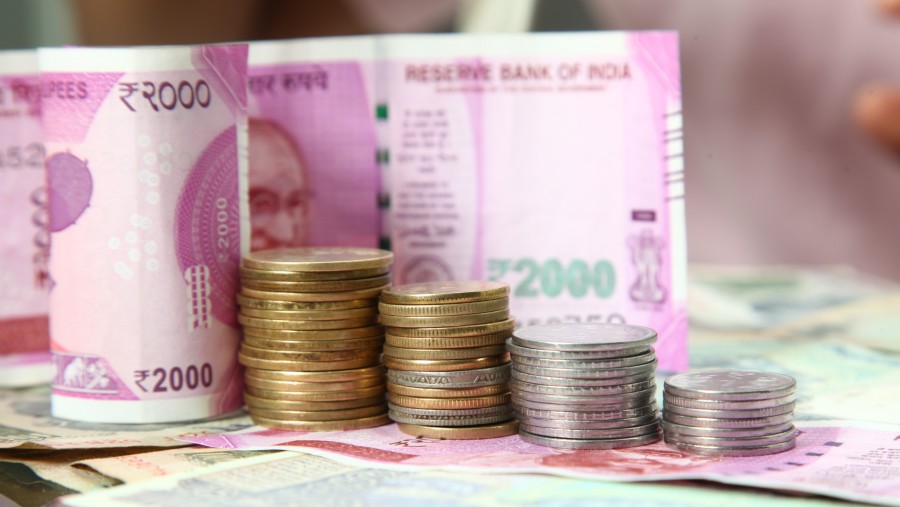India seems unwilling to exorcise the spectre of the retrospective tax provision that Pranab Mukherjee introduced in the 2012 budget in a pernicious attempt to nullify a Supreme Court verdict that had declared Vodafone PLC was not obliged to pay a $2 billion tax demand linked to its buyout of Hutchison Whampoa’s 67.5 per cent stake in the telecom venture in 2007. Last week, the issue surfaced once again when the Narendra Modi government decided to contest an arbitration award handed down by a Singapore court that had gone in favour of the telecom giant. The move is bound to spook foreign investors who have been sizing up opportunities in India.
India has a reputation for being a tough place to do business because the executive’s decision-making can be both capricious and vindictive, undermining the viability of a business operation. The government has doggedly pursued its right to extract a sum of over Rs 221 billion from Vodafone International Holdings of Netherlands for the 2007 deal. The Singapore court had ruled that the tax demand was “in breach of the guarantee of fair and equitable treatment”. The Centre’s argument is that its sovereign right to levy the tax cannot be trammelled by an arbitration award. This contention flies in the face of legal determination by the courts in the country and abroad that the demand is unfair. It also damages India’s dodgy record for contract enforcement.
The Centre’s aggressive posturing comes at a time when it is trying to drum up investments as part of the Atmanirbhar Bharat initiative that gives primacy to domestic manufacturing over imports. The government has also faced another rap from an arbitration court in the Netherlands for expropriating the shares of Cairn India to satisfy a Rs 102.47 billion retrospective tax demand arising from capital gains tied to a restructuring exercise carried out in 2006 — a full six years before the dreaded amendment was introduced. The arbitration court in Netherlands has ordered the government to pay Cairn Energy PLC, the erstwhile parent of the oil and gas explorer, $1.2 billion in damages for wilful breach of the fair and equitable treatment clause in the UK-India bilateral investment treaty. The Cairn episode is a lot worse than the Vodafone case since the government confiscated the shares belonging to Cairn Energy and sold them in the market after appropriating unpaid dividends.
When Mr Modi’s government came to power, it had promised that it would not use the retrospective tax proviso. The former finance minister, Arun Jaitley, had assured Parliament in his budget speech in 2014 that the government “would not ordinarily bring about any change retrospectively which creates a fresh liability”. The Vodafone case was already in the courts by then and Jaitley had said that the government would abide by judicial pronouncements. The latest moves signal that the Centre is not prepared to relent in the two cases. This raises questions about the wisdom of the ruthless application of a bad legislation since it can scare away investors who look for legal certainty in any tax jurisdiction before committing funds.











